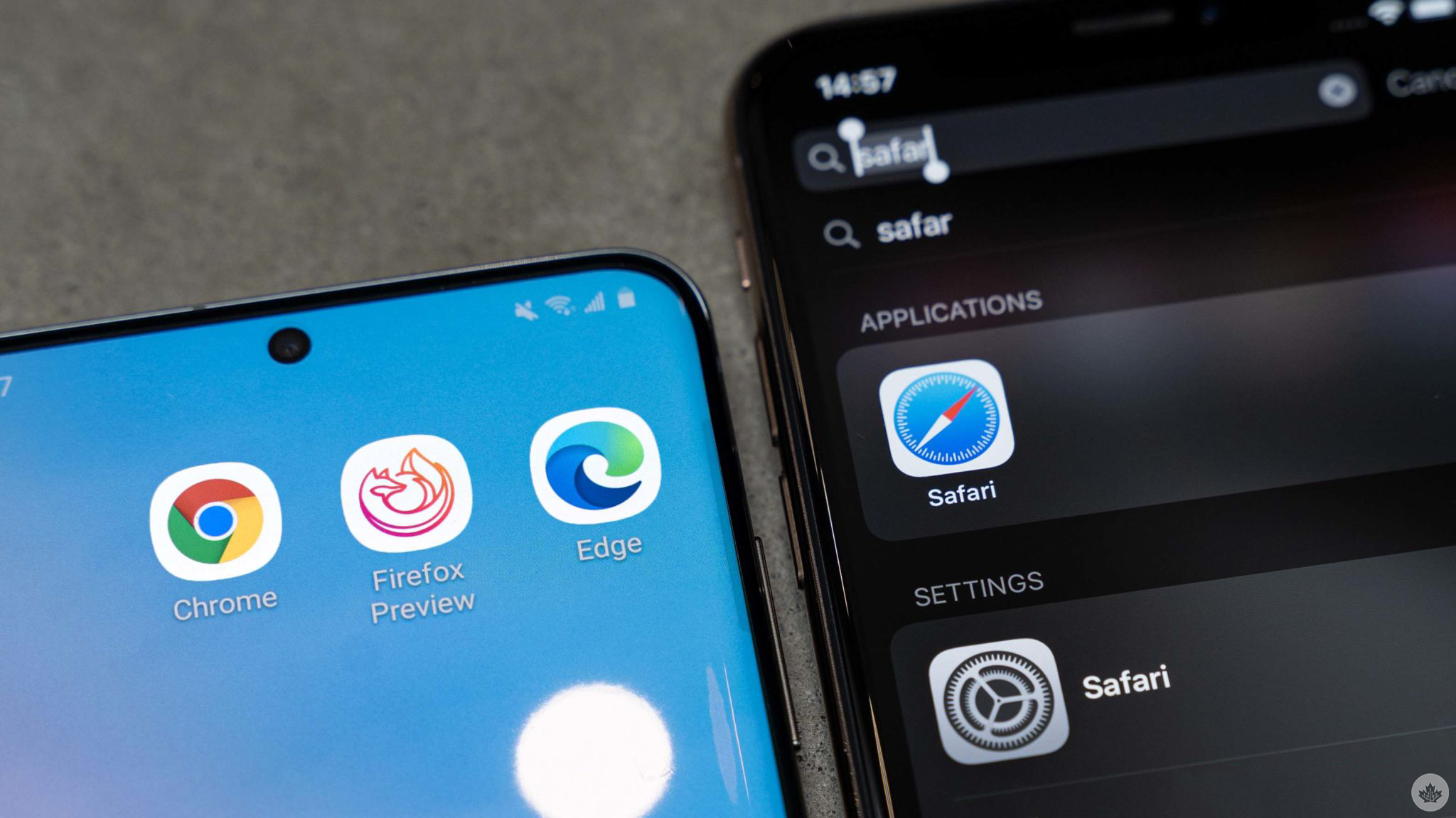
New iPhone browsers are on the way, reportedly much sooner than expected.
Up until now, competing browsers, including the likes of Google Chrome and Mozilla Firefox on iOS have had to use the WebKit rendering engine for their browsers. This is the same engine Apple’s Safari is built on, essentially limiting the number of features that can be offered by competing browsers.
This essentially also means that it is impossible for other companies to create an iPhone browser that performs faster than Safari.
Now, with the antitrust pressure against Apple growing in the UK, Apple’s WebKit requirement is reportedly being classified as ‘anticompetitive.’ UK’s Competition and Markets Authority wrote:
Apple bans alternatives to its own browser engine on its mobile devices; a restriction that is unique to Apple. The CMA is concerned this severely limits the potential for rival browsers to differentiate themselves from Safari (for example, on features such as speed and functionality) and limits Apple’s incentives to invest in its browser engine.
This restriction also seriously inhibits the capability of web apps – apps that run on a browser rather than having to be individually downloaded – depriving consumers and businesses of the full benefits of this innovative technology.
9to5Mac says that Apple would be required to drop the WebKit requirement sooner than later, with the European Digital Markets Act forcing Apple’s hand. The WebKit requirement is reported to be dropped with iOS 17 later this year.
This has caused Apple to buckle up. According to The Register, Apple knows that dropping the WebKit requirement could allow competing browsers to steal some of Safari’s market share. Because of this, Apple is adding more staff to the WebKit team to close the gap between its and competing rendering engines.
Source: 9to5Mac
MobileSyrup may earn a commission from purchases made via our links, which helps fund the journalism we provide free on our website. These links do not influence our editorial content. Support us here.


